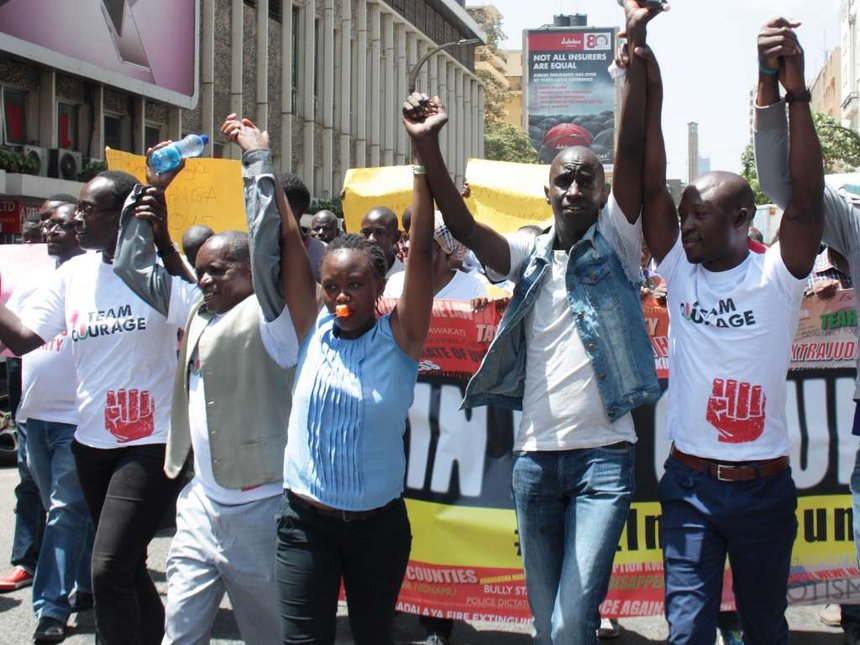More than 100 community-based organisations (CBOs) in Kenya have reportedly lost millions of shillings in an alleged fake donor funding scam. Victims, including church members and small-scale traders, claim they were persuaded to donate money via mobile transactions to a woman promising access to foreign aid.
According to the victims, the foreign aid was supposed to help the organisations invest in projects such as buying land, digging boreholes, and providing education to the needy. To access these benefits, the woman allegedly asked for a registration and facilitation fee from each organisation.
“I went and got millions from the bank, and now I have more than Ksh7 million that I have not paid back to the bank, and all that I have given to the woman. Some people even sold their properties to provide the money,” one victim said. Another added, “We want the government to help us retrieve the money because we were told that registered people would receive funds, boreholes, and other benefits.”
However, the woman at the center of the alleged scam told NTV that the leaders of the organisations were misleading their members, highlighting conflicting accounts of responsibility.
This case comes amid rising concerns about digital fraud in Kenya. A recent report by TransUnion Africa revealed that Kenya recorded the highest number of digital fraud incidents on the continent between August and December 2024. According to the survey, 82% of Kenyans reported being targeted by fraudsters via email, phone, text, or online platforms.
While most people claimed they avoided losing money, 11% admitted to falling victim, often losing funds through third-party seller scams on legitimate retail websites. On average, a fraud victim in Kenya loses around Ksh117,000 per incident.
TransUnion further noted that third-party seller scams were the most reported (34%), followed by unemployment fraud (26%), account takeovers (25%), and social engineering scams (22%).
As more Kenyans fall prey to sophisticated scams, experts urge caution when dealing with promises of foreign aid or financial incentives, especially those requiring upfront payments.

